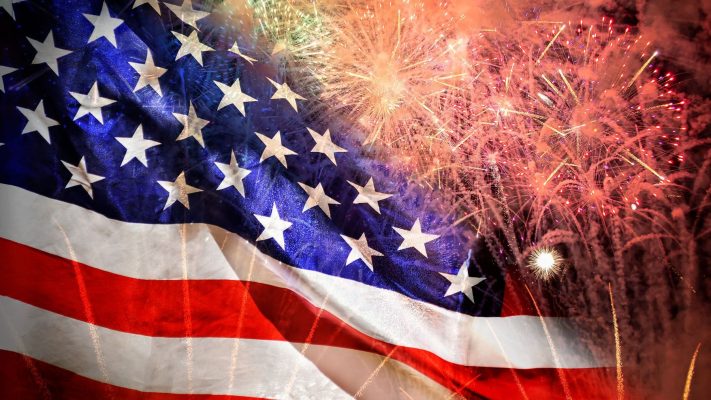Uncategorized
Why July 4th is Celebrated as US Independence Day: A Historical Insight
Independence Day, celebrated annually on July 4th in the United States, holds profound significance as the day the nation declared independence from Great Britain in 1776. This declaration, embodied in the eloquent words of the Declaration of Independence, asserted the principles of equality, liberty, and the pursuit of happiness for all citizens.
The Historical Context
The journey towards independence began on July 2, 1776, when the Continental Congress voted in favor of breaking away from British rule. Two days later, on July 4th, the Declaration of Independence, drafted largely by Thomas Jefferson and championed by figures like Benjamin Franklin, was officially adopted. This seminal document not only outlined the grievances of the American colonies against the British Crown but also affirmed the colonies as independent states, laying the foundation for what would become the United States of America.
Significance and Symbolism
Independence Day symbolizes the triumph of American ideals and values. It represents the birth of a nation founded on principles of democracy, individual rights, and self-governance. The annual celebration serves as a reminder of the sacrifices made by the Founding Fathers and countless others who fought for freedom and independence.
Traditions and Celebrations
The tradition of celebrating Independence Day began in 1777, with festivities that included bonfires, parades, and fireworks—a tradition that continues to this day. Today, Independence Day is marked by a wide array of activities across the country. Communities gather for parades featuring marching bands and patriotic displays, while families and friends come together for barbecues, picnics, and reunions. The evening culminates in spectacular fireworks displays that light up the sky in hues of red, white, and blue, symbolizing the nation’s flag.
Contemporary Observance
In modern times, Independence Day remains a significant federal holiday. Government offices, post offices, and major banks are closed, while retail stores, supermarkets, and restaurants operate with modified hours. Across the nation, people celebrate with enthusiasm, reflecting on the enduring values that define the American spirit.
The Evolution of Celebrations
Over the years, the celebrations of Independence Day have evolved but continue to emphasize patriotism and national unity. From the first official White House celebration in 1801 to today’s elaborate public and private events, July 4th remains a moment for Americans to unite in pride and gratitude for their nation’s history and achievements.
Conclusion
Independence Day on July 4th is not just a date on the calendar; it is a testament to the resilience and vision of a young nation striving for freedom and self-determination. As Americans gather each year to commemorate this historic day, they reaffirm their commitment to the principles that have shaped their identity and inspired generations. Whether through fireworks illuminating the night sky or community gatherings echoing with patriotic fervor, July 4th continues to embody the enduring spirit of liberty and unity that defines the United States of America.
This celebration serves as a poignant reminder of the country’s journey from a cluster of colonies to a beacon of democracy, standing as a testament to the resilience and vision of its people.
Get more update in Belcesly!!




